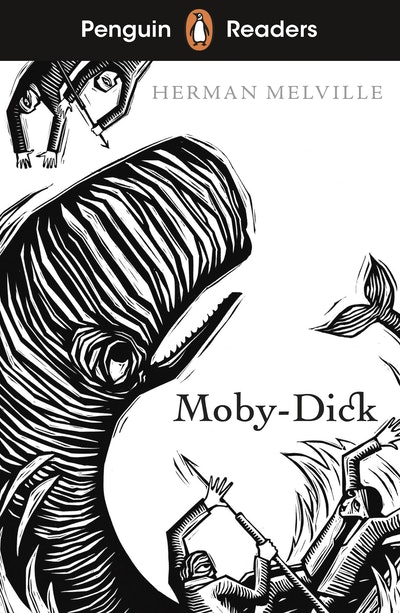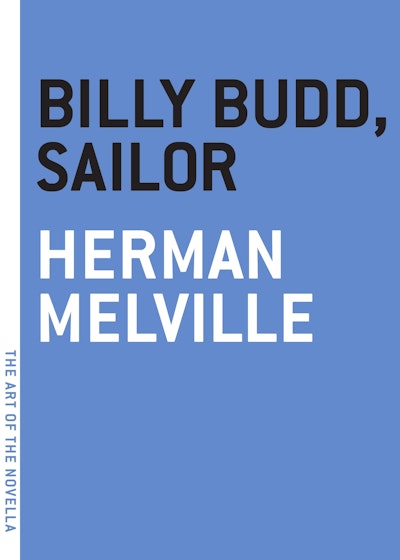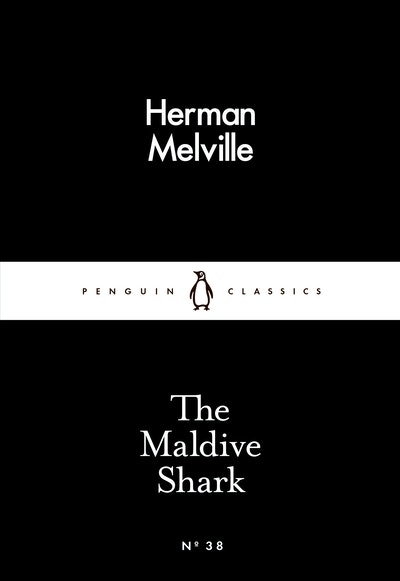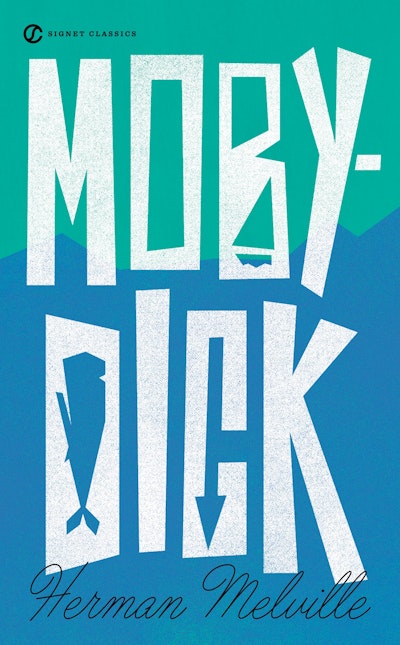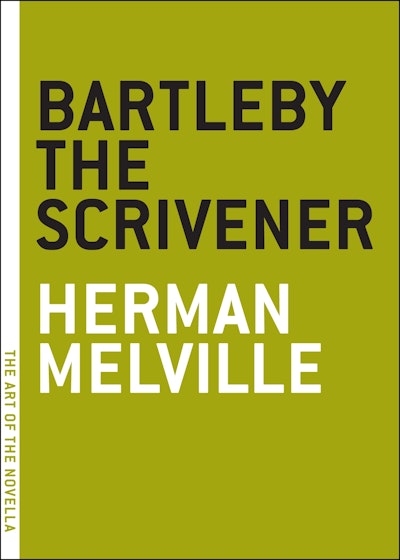With an essay by Daniel G. Hoffmann.
'Life is a pic-nic en costume; one must take a part, assume a character, stand ready in a sensible way to play the fool'
In The Confidence-Man, Melville's unnerving and hallucinatory satire on the American dream, a slippery trickster and master of disguise comes to swindle his fellow passengers - who themselves may also be con-men - aboard a Mississippi steamboat.
Billy Budd, Sailor, published after Melville's death in 1891, is a gripping allegory of good and evil, as an innocent man, pressed into service on a British man-of-war, is falsely accused of mutiny. Both these late works are animated with the dark genius of the greatest of American writers.
The Penguin English Library - 100 editions of the best fiction in English, from the eighteenth century and the very first novels to the beginning of the First World War.



